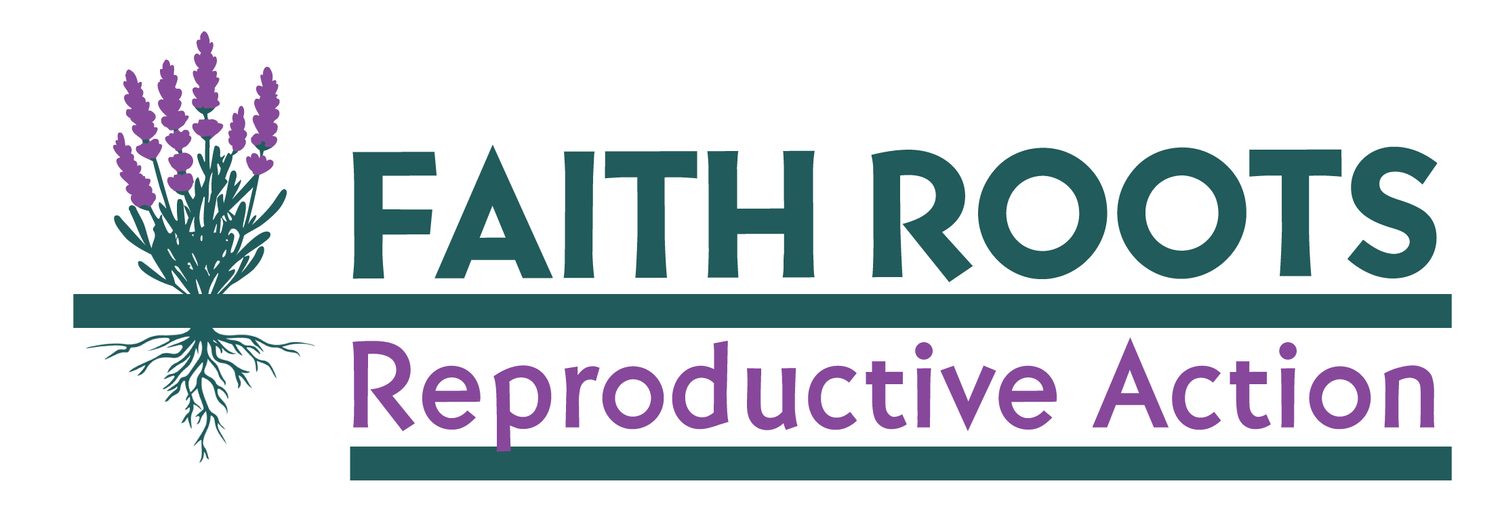Some Decisions are Easy, Others are Difficult and Challenging
RABBI LARRY KAROL
Roe v. Wade Event, January 22, 2016, Las Cruces, NM
Some decisions in life are easy. The decisions I have made today I would characterize as routine or even mundane: what to wear, which coffee to make along with breakfast, and the order in which I would do the usual tasks to prepare for my Sabbath service tonight at Temple Beth-El. Some decisions are difficult and challenging, especially with regards to finances, health, caring for children or other family members, and life.
The son born to Rhonda and me (Adam) in 1986 is now almost 30 years old. You who have raised children know about the weight of responsibility that a parent bears not only while a child is in the home, but also when he or she is out in the world. Our son is married to a woman will be ordained as a rabbi in two years. While that sense of responsibility of which I spoke is now more mutual and shared, Rhonda and I still feel that parental twinge on a regular basis.
The beginning of that parental twinge came when it was confirmed that Rhonda was pregnant in the summer of 1985. We were filled with anticipation, hope, joy, and uncertainty. With health challenges that can possibly arise, we felt that nothing was for certain. What I discovered as a possible-father-to-be was that pregnancy was a journey. In our faith tradition, it is the mother’s life AND HEALTH that take precedence throughout a pregnancy. And for those who observe Judaism in a more traditional way, there is no celebration for a child-to-be-born. The event known as a “baby-shower” is held in the presence of the newborn child and all those who would come to offer their good wishes.
But until that time, a woman makes decisions every day with regards to her pregnancy, listening to the advice of her doctor and her or his staff or other health counselors, the concern of family members and friends, and the voice of her conscience. It is, hopefully, her own faith tradition and sensibilities that guide her, not someone else’s.
A woman who makes a decision to have an abortion has felt a weight of responsibility as presented to her by her beliefs and the judgment of health professionals she trusts. If her faith places her life and health as primary during her pregnancy, then she should have the opportunity to make a decision appropriate for HER, as challenging and complex as it might be. No one else, not a legislator, not someone who is outside her home, and not someone of another faith, should presume to make that decision for her. This is the approach that honors her integrity, her dignity, and her personal freedom. It does not take away from anyone else’s beliefs, ideologies, or opinions. It is a woman’s decision. I, as a rabbi, would be available to speak with a woman who came to me about the moral implications of such a decision, and advise her based on the principles of Judaism which I and many other rabbinic authorities espouse. But in the middle of all the rhetoric and pronouncements we hear on this issue, it really comes down to a woman, her pregnancy, and her own freedom to make a difficult decision. May we continue to advocate for and work for her freedom.
